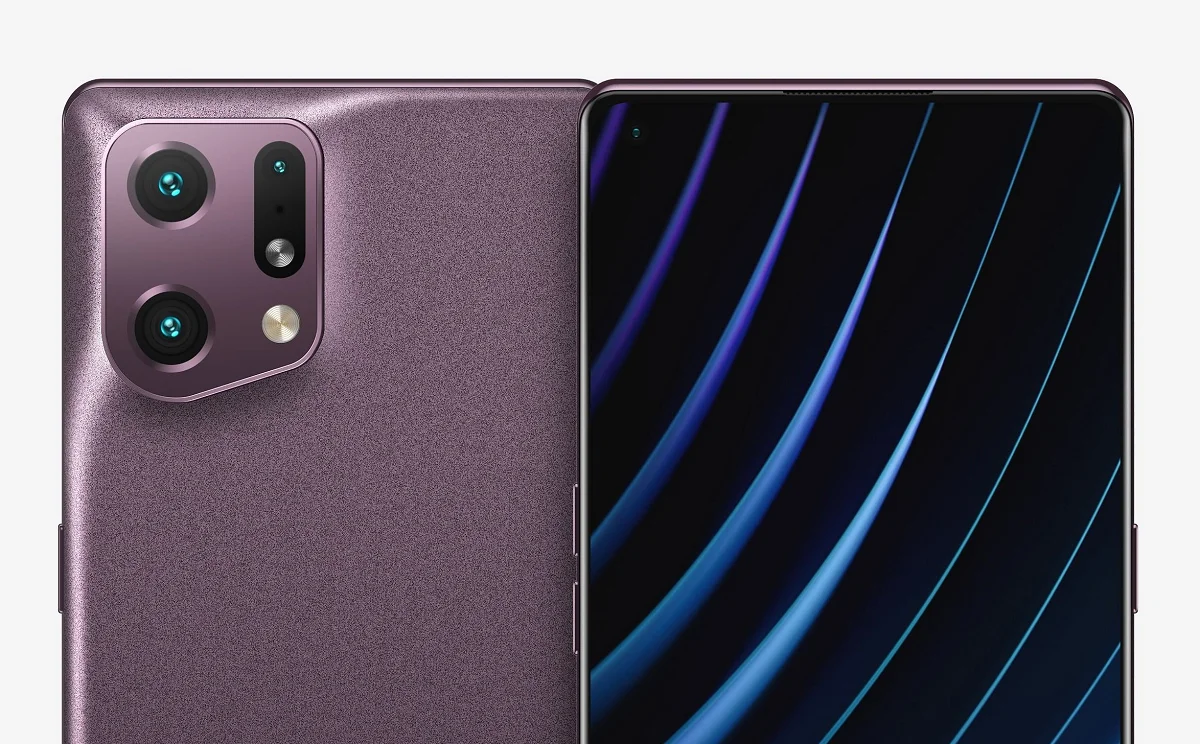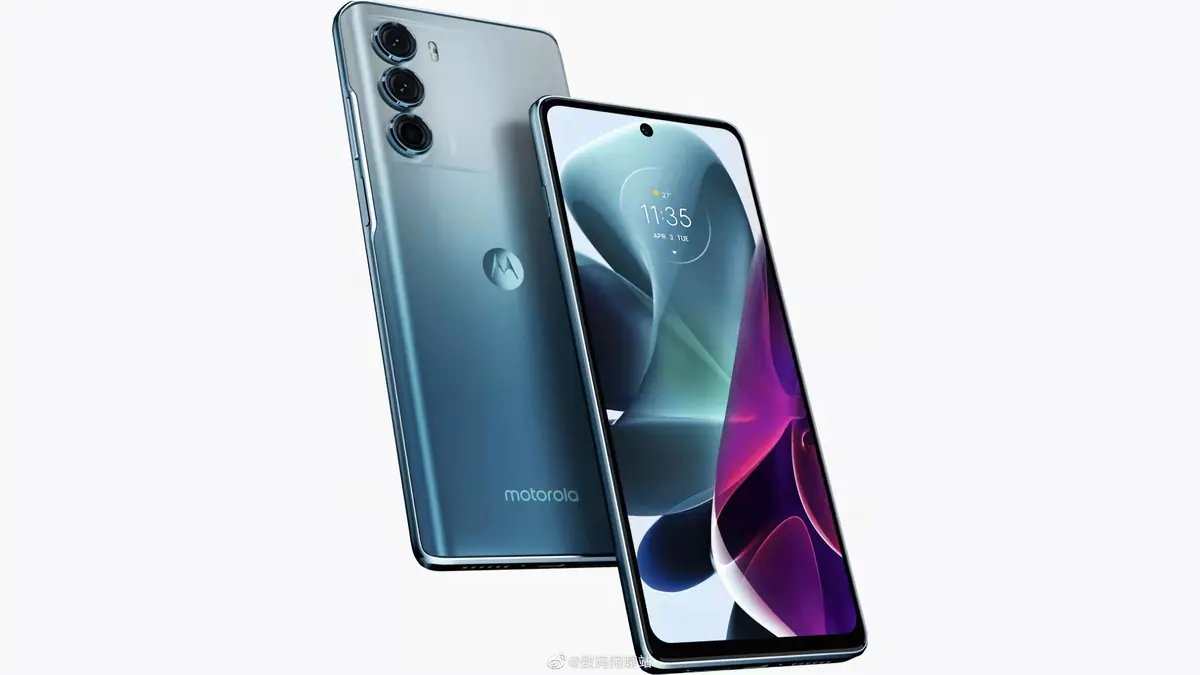It’s an important day for Xiaomi. The company has made Xiaomi official Redmi K70, Redmi K70 Pro and K70eThree offers that dance between the middle and high level and are strong candidates to come to our country as POCO terminals.
Similar design, but different heart. These offerings are powered by next-generation processors from MediaTek and Qualcomm; So let’s try to discover who is who in this trio of devices that aim to be the best seller.
|
|
REDMI K70 PRO
|
REDMI K70
|
REDMI K70E
|
|
DIMENSIONS AND WEIGHT
|
160.9x75x8.2mm
209g
|
160.9x75x8.2mm
209g
|
160.4×74.3×8.05mm
198g
|
|
SCREEN
|
6.67 inches
2K resolution
OLED
120Hz
Dolby Vision, HDR+
4,000 nits (peak)
2,160 Hz touch sampling
3.840Hz PWM dimming
|
6.67 inches
2K resolution
OLED
120Hz
Dolby Vision, HDR+
4,000 nits (peak)
2,160 Hz touch sampling
3.840Hz PWM dimming
|
6.67 inches
1.5K resolution
OLED
120Hz
Dolby Vision, HDR+
1,800 nits (peak)
2,160 Hz touch sampling
1.920Hz PWM dimming
|
|
PROCESSOR
|
Qualcomm Snapdragon 8 Generation 3
Adreno750 GPU
|
Qualcomm Snapdragon 8 Generation 2
|
MediaTek Dimensity 8300 Ultra
|
|
MEMORIES
|
12+256GB
16+256GB
16+512GB
24GB+1TB
|
12+256GB
16+256GB
16+512GB
16GB+1TB
|
12+256GB
12+512GB
16GB+1TB
|
|
BATTERY
|
5,000mAh
120W fast charging
|
5,000mAh
120W fast charging
|
5,500mAh
90W
|
|
REAR CAMERA
|
50MP OIS
50 MP 2x telephoto
12 MP ultra wide angle
|
50MP OIS
12 MP ultra wide angle
2MP macro
|
64MP
8 MP ultra wide angle
2MP macro
|
|
FRONT CAMERA
|
16MP
|
16MP
|
16MP
|
|
Others
|
5G SA/NSA
NFC
Bluetooth 5.4
GPS, GLONASS, Galileo, QZSS, Beidou
|
5G SA/NSA
NFC
Bluetooth 5.3
GPS, GLONASS, Galileo, QZSS, Beidou
|
5G SA/NSA
NFC
Bluetooth 5.4
GPS, GLONASS, Galileo, QZSS, Beidou
|
|
SOFTWARE
|
Hyper OS
Android14
|
Hyper OS
Android14
|
Hyper OS
Android14
|
|
PRICE
|
Exchange rate from 421 euros
|
Exchange rate from 319 euros
|
Exchange rate from 255 euros
|
Redmi K70 and K70 Pro
Redmi K70 and K70 Pro They share quite a few similarities.. POCO terminals at design level for the first time embrace the metal. Its now flatter sides look better quality, along with its glass-covered back. Memory configurations are also almost the same. Curiously, both start from 12 + 256 GBConfiguration worthy of the highest range.
The screen is the same, with second-generation OLED at its highest brightness 4,000 nits, 2K resolution, 120 Hz and compatibility with both Dolby Vision and HDR+ content. The pixel density is 526 ppi and the panel comes from TCL with its C8 series. Touch sampling is also brutal at 2,160 Hz.
But the important thing about this display is to understand its fine print. The brightness we will really appreciate in automatic mode is the HBM brightness, which is the maximum peak it reaches in most cases. We’re talking 1,200 nits hereSo 4,000 nits will be limited to very small areas of the screen under HDR content. In automatic mode, the brightness is even a little low. We’ll see what these shows are really like under the sun.
When it comes to autonomy, we’re talking about batteries 5,000mAh with 120W fast chargingWith the promise of fully charging the device in just 18 minutes.
Since we are talking about Qualcomm Snapdragon 8 Gen 3 for POCO K70 Pro, the biggest change is in the processor; The K70, on the other hand, “settles in” with Snapdragon 8 Gen 2, which gives life to almost the entire 2023 high-end product range.
Redmi K70E
The K70E is the little brother with almost the same design but with specs below what we just saw. Although similar in design, the terminal has no metal in its coating. In this case, the processor is the MediaTek Dimensity 8300 in the recently introduced Ultra version. But memory configurations remain unusually high; base starts at 12 + 256 GB.
The battery also changes, losing fast charging to gain capacity. In this case we are faced with a situation 5,500mAh batterynoticeably larger than what we see in its older brothers. Fast charging 90W is a very good figure. The camera is indeed a significant downgrade, with a higher resolution but lower ambition sensor and an ultra-wide angle of only 8 megapixels.
Like the rest of the family, it ships from the factory with Android 14 based on HyperOS, Xiaomi’s new Android-based operating system that replaces MIUI.
Versions and prices of Xiaomi Redmi K70 Pro, K70 and K70E
As always, the prices of these terminals in China make us happy. We’re talking just over 400 euros for the Pro model, around 300 euros for the K70 and just 255 euros for the Redmi K70E. If these terminals land in Spain under the POCO family, photography will not be very positive. Currently these are the prices and versions in their respective countries.
Prices of Redmi K70 Pro, K70 and K70E
- The Redmi K70 Pro will be available for purchase with 12 + 256 GB for 3,299 yuan, approximately 421 euros.
- The Redmi K70 Pro retails for 3,599 yuan with 16 + 256 GB, around 459 euros.
- The Redmi K70 Pro is sold for 3,899 yuan with 16 + 512 GB, about 497 euros.
- The Redmi K70 Pro will be available for purchase with 24 + 1 TB for 4,399 yuan, approximately 561 euros.
Price of Redmi K70
- The Redmi K70 is sold for 2,499 yuan with 12 + 256 GB, about 319 euros.
- The Redmi K70 with 16 + 256 GB can be purchased for 2,699 yuan, approximately 344 euros.
- The Redmi K70 is sold for 2,999 yuan with 16 + 512 GB, about 382 euros.
- The 16 + 1TB Redmi K70 can be purchased for 3,399 yuan, approximately 434 euros.
Price of Redmi K70E:
- Redmi K70E with 12 + 256 GB for 1,999 yuan for about 255 euros.
- Redmi K70E with 12 + 512 GB for 2,199 yuan, about 280 euros.
- The Redmi K70E with 16 + 1 TB GB will be available for purchase for 2,599 yuan, approximately 331 euros.
Image | Xiaomi
in Xataka |The best Xiaomi mobile phone (2023) at a quality price: buying and comparison guide















